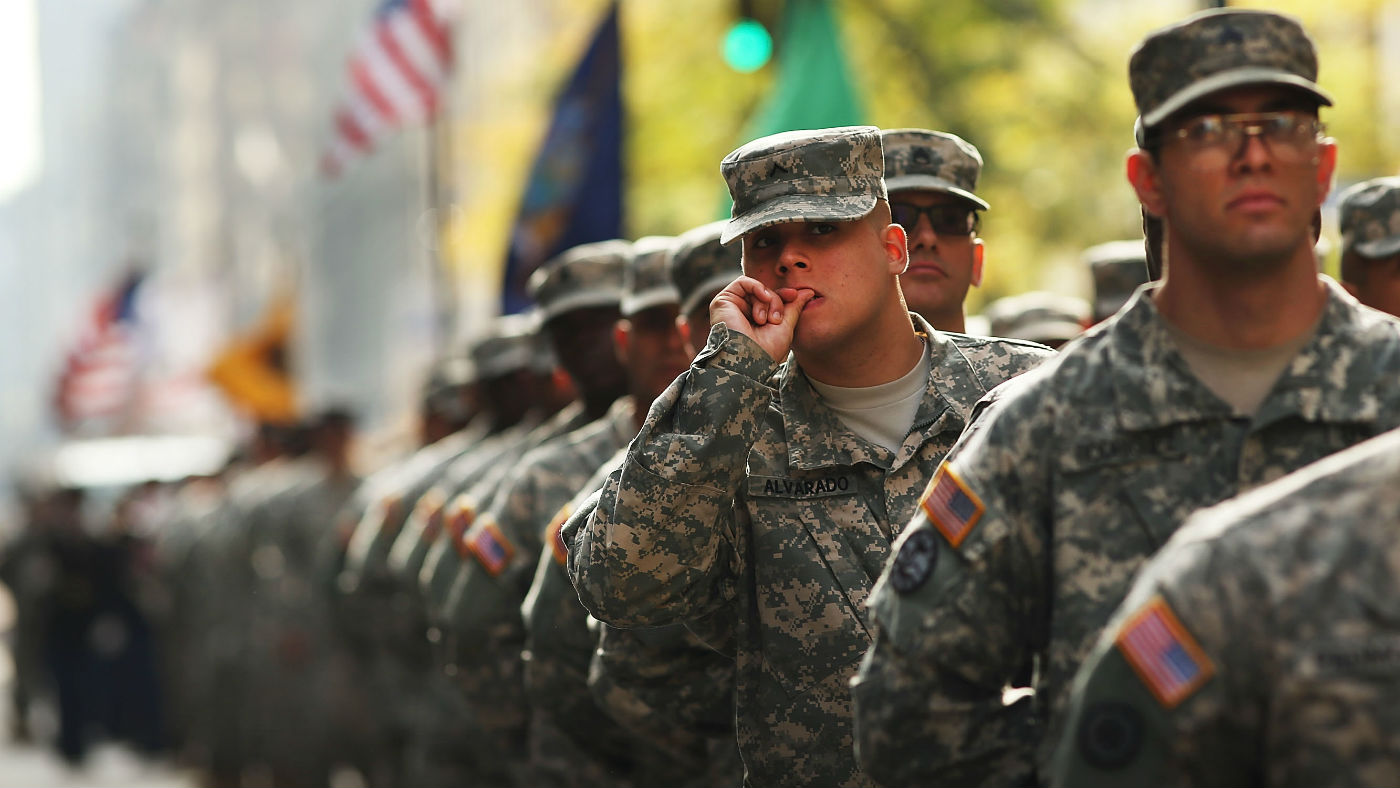Ecstasy named 'breakthrough therapy' for PTSD
MDMA therapy could be rolled out for US Army after successful trial

A free daily email with the biggest news stories of the day – and the best features from TheWeek.com
You are now subscribed
Your newsletter sign-up was successful
Ecstasy could soon be used to treat soldiers suffering from Post Traumatic Stress Disorder (PTSD) after a "breakthrough" trial conducted by the US Army trial was hailed by both scientists and the military.
MDMA, the active compound in ecstasy, is "emerging as the most promising tool to come along in years for the military's escalating PTSD epidemic", says the Washington Post.
Initially ridiculed, the tests have been so successful that the Food and Drug Administration, the US drug regulator, has classed the drug a "breakthrough therapy" - setting it on a fast track for review and potential approval for mass use.
The Week
Escape your echo chamber. Get the facts behind the news, plus analysis from multiple perspectives.

Sign up for The Week's Free Newsletters
From our morning news briefing to a weekly Good News Newsletter, get the best of The Week delivered directly to your inbox.
From our morning news briefing to a weekly Good News Newsletter, get the best of The Week delivered directly to your inbox.
It is estimated that that between 10 and 20 per cent of all soldiers who served in Iraq or Afghanistan suffer from PTSD, typically triggered by experiencing or witnessing violence, and often leading to severe panic attacks or a nervous breakdown.
Currently only two drugs are approved for treating the affliction but "both have proved largely ineffective when it comes to veterans, whose cases are especially difficult to resolve because of their prolonged or repeated exposure to combat", says The Independent.
Following the success of the MDMA trial, the prospect of a government-sanctioned psychedelic drug has generated "both excitement and concern", says the Post, with many military and government leaders hesitant to embrace the use of what are usually illegal drugs.
However, given the growing severity of the PTSD problem it could be that medical necessity trumps their objections.
A free daily email with the biggest news stories of the day – and the best features from TheWeek.com